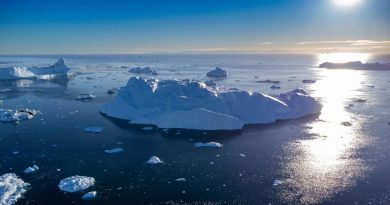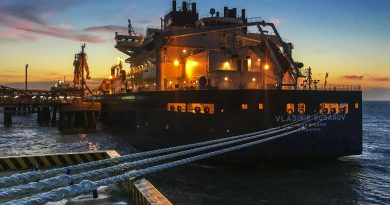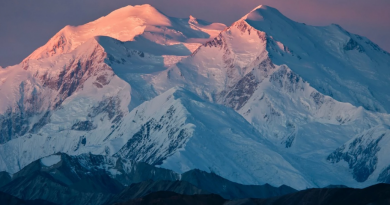Fleeing Russia, Andrei seeks asylum in what for him is still historical homeland, Sapmi

“The consequences [of the war] hit hard on indigenous communities,” Andrei Danilov tells.
Speaking with the Barents Observer in Neiden, a traditional cross-road for different Sámi groups in the borderland between Norway, Russia and Finland, Danilov expresses deep concern for how the war of aggression impacts native people on the Kola Peninsula and across Siberia and the Far East.
“It is no secret that these are the most depressive regions of Russia with poverty, unemployment, and lawlessness by the state.”
Soldiers fighting for Moscow in Ukraine include men from many of the indigenous groups of the Russian north. Including the Sámi on the Kola Peninsula.
Andrei says only a few were mobilized from Lovozero, the main Sámi settlement on the Kola Peninsula.
“But there are few people living in the town, so a few young men still bring the percentage of the population high.”
“The number of deaths from indigenous peoples of the North is huge,” he notes.
There are no accurate figures for the number of indigenous peoples’ fighters sent to the battlefields. Such information is classified. Social media posts from remote Arctic communities, however, show photos and videos of young men recruited into the Army by promises of pay-checks much higher than they could dream of earning in their home villages.
To escape poverty, many have no other choice than to sign a contract. Or join the military as volunteers, a term fuelled by war propaganda from state-controlled media airing all but Russia’s big losses of lives in Ukraine.
Additionally, many were forced into the war as Vladimir Putin called for a partial mobilization on September 21.
Andrei Danilov notes how the Ukraine war is not only dividing the Sámi people inside Russia but also across borders in northernmost Europe.
“Some of the Sámi support Putin’s actions. One of the Kola Sámi organizations even signed an appeal in support of the war in Ukraine,” Danilov tells.
The head of the Association of Sámi in Murmansk Oblast (OOSMO) was outspoken and pictured with a “Z” symbol.
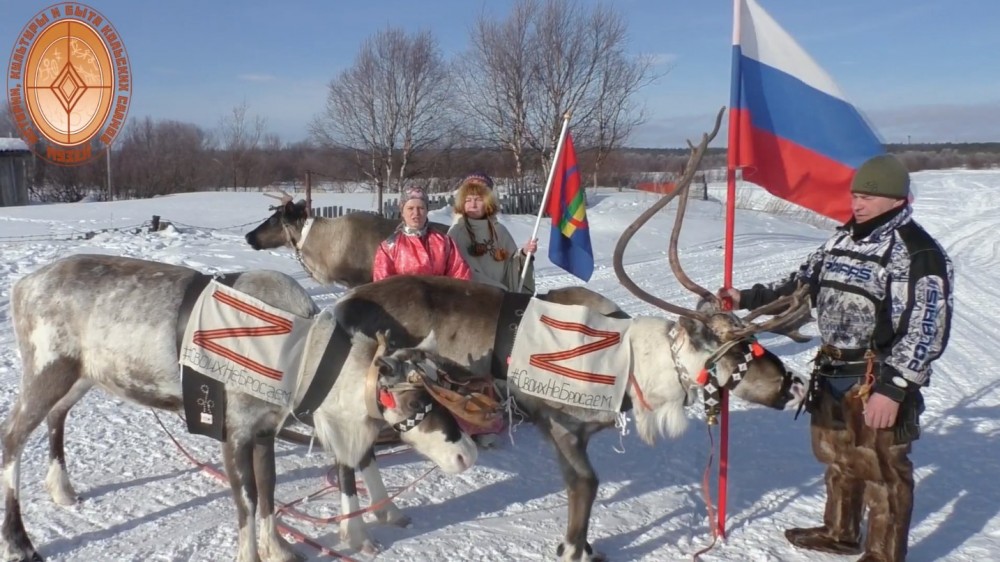
As a consequence, the Sámi Council decided to temporarily suspend official meetings with the Russian side.
The Council was set up to represent all Sámi in the four countries; Russia, Finland, Norway and Sweden. Today, only the three Nordic countries’ representatives are meeting.
“The cooperation that lasted 30 years is suspended. So we see that the war has a very strong impact on the Sámi,” Andrei Danilov explains.
Danilov was born in Lovozero, but lived in the mining town of Olenegorsk, an hour’s drive south of Murmansk until he decided to flee to Norway in February.
When Andrei’s ancestors were herding reindeer up here inside the Arctic Circle, state borders didn’t exist. They could freely move from east to west, from inland to coast. Fishing, hunting, farming, and herding.
The border between Norway and Russia was agreed upon in 1826. Norway was at the time part of Sweden. Finland, also previously ruled by Stockholm, became a Grand Duchy under Russia in 1809.
Real trouble for reindeer migration and the Sámi nomads came in the 1920s after the revolution and with Stalin’s closure of borders to the West.
Throughout Stalin’s terror regime, and the following Cold War, the Sámi groups on the Kola Peninsula had little, if any, contact with brothers and sisters in the three Nordic countries.
Andrei is now witnessing a second Iron Curtain dividing Europe’s Arctic indigenous peoples.
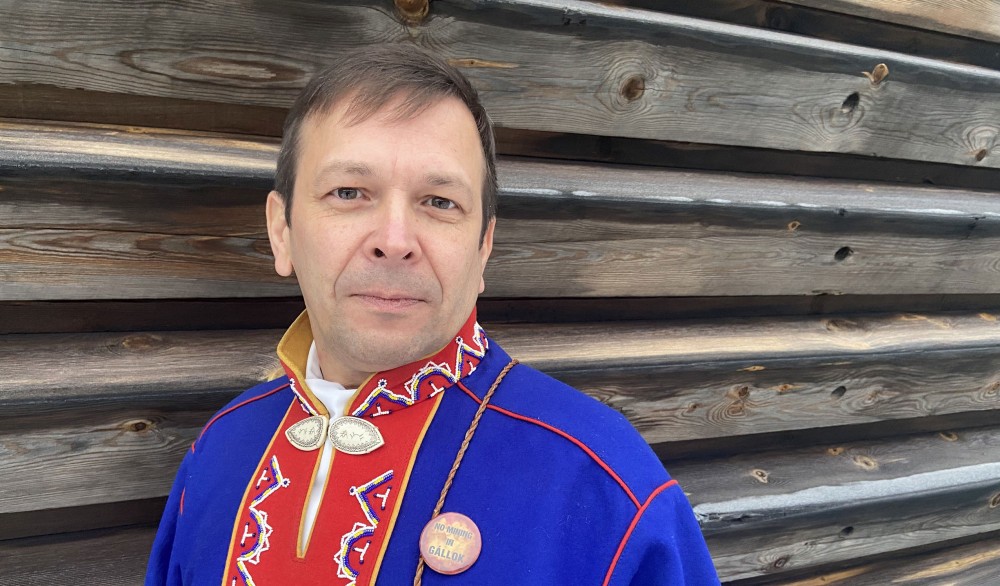
“We continue to communicate. There is internet and social networks where the Saami are active.”
“I really hope that cooperation will resume and we again will be able to attend joint events throughout Sapmi,” Andrei Danilov says and ends by quoting a phrase from the famous Sámi movie about the 1852 riot in Kautokeino:
“We must speak and try to understand, even when there is no hope.”
Related stories from around the North:
Canada: Recognition of Inuit homeland in new policy important step towards self-determination: Canadian Inuit leader, Eye on the Arctic
Finland: Project to educate Finnish students about Sami needs to be permanent: Youth Council, Eye on the Arctic
Greenland: International Day of the World’s Indigenous Peoples important to mark says Inuit org, Eye on the Arctic
Norway: Russian Sami activist protesting Ukrainian conflict seeks asylum in Norway, The Independent Barents Observer

